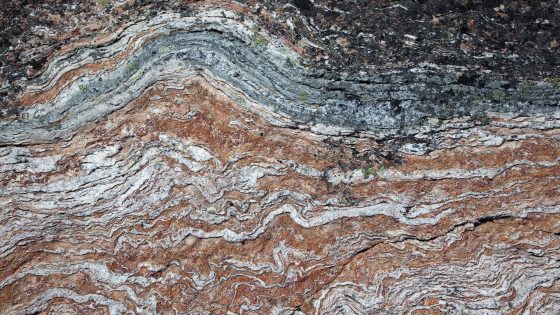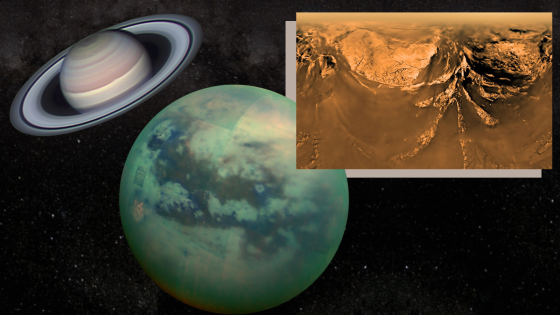An intriguing study reveals that an obscure rock formation on Canada‘s Hudson Bay may hold the oldest known rocks on Earth. Dated at 4.16 billion years old, these ancient remnants could provide valuable insights into our planet’s formative years.
- Oldest known rocks may be in Canada
- Nuvvuagittuq Greenstone Belt dated to 4.16 billion years
- Study uses radioactive isotopes for dating
- Controversial findings from previous research
- Insights into Earth's early crust and life
- Potential implications for extraterrestrial life studies
The Nuvvuagittuq Greenstone Belt, where these rocks are found, has sparked debate among geologists since its discovery. Published on June 26, 2025, in the journal Science, this research strengthens previous claims about the site’s age and its significance in understanding Earth’s early crust.
What can these ancient rocks teach US about the origins of life? The findings suggest that they may contain clues about the conditions of early oceans and the atmosphere, leading to a deeper understanding of life’s beginnings.
This discovery raises essential questions about Earth’s geological history. How did these rocks survive billions of years of tectonic activity? Their unique preservation may reveal critical information about early life forms and environmental conditions.
- Potential to uncover the composition of early oceans.
- Insights into the atmosphere during Earth’s formative years.
- Possibility of hosting the oldest traces of life.
As scientists continue to explore the Nuvvuagittuq Greenstone Belt, we may unlock secrets that not only illuminate our planet’s history but also enhance our quest to find life beyond Earth.

































